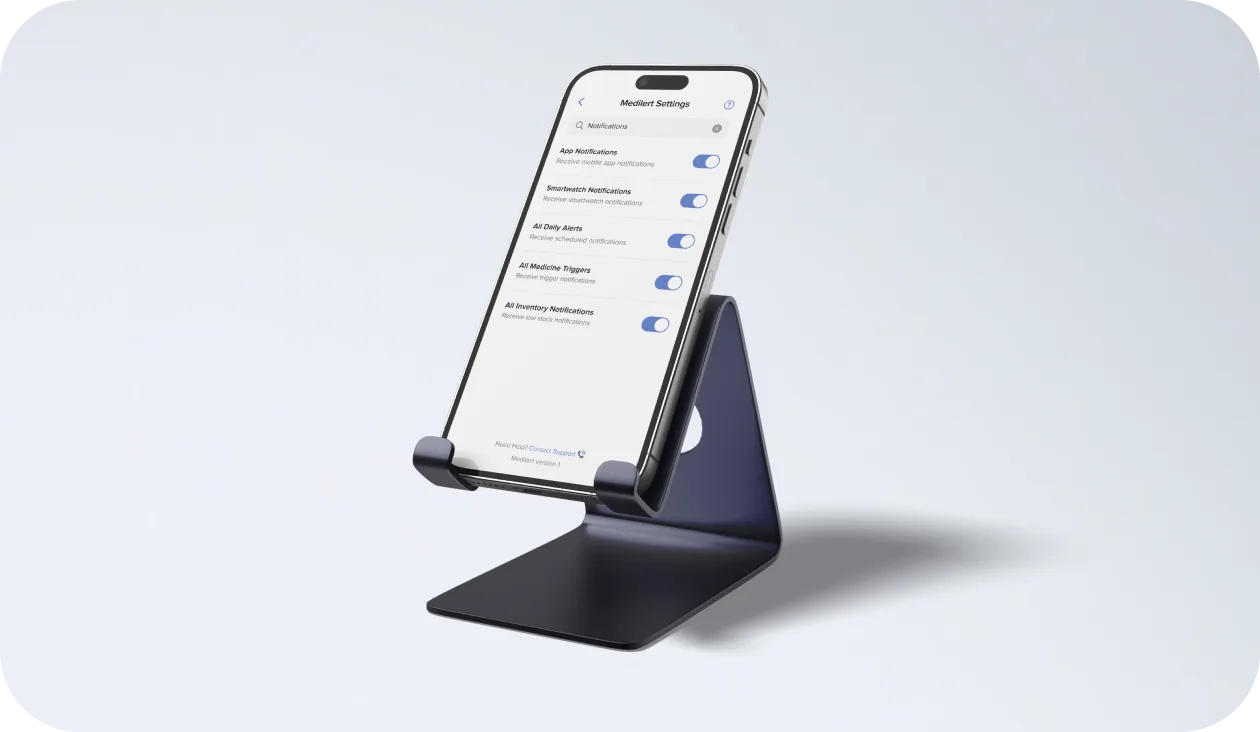
Medical Alert System Comparison: Your 2025 Guide to Features & Costs
Choosing a medical alert system can feel overwhelming. With so many brands, features, and pricing structures, it's hard to know where to start. This guide is designed to bring you clarity. We'll break down the essential elements, helping you conduct an effective medical alert system comparison to find a device that delivers true safety and peace of mind for you or your loved ones.
Key Features to Compare in a Medical Alert System
The foundation of any good medical alert system comparison is understanding the core features. Your primary decision is between an in-home system, which works within a set range of a base station, and a mobile system, which uses GPS and a cellular network to protect you anywhere. Beyond that, consider these critical options: Automatic Fall Detection, a feature that uses sensors to automatically call for help if a fall occurs, even if the user can't press the button. Also, evaluate battery life—for both the wearable button and the mobile device's base unit—and water resistance, a must-have for safety in the bath or shower.
Decoding the Costs: Subscription vs. Equipment Fees
A common point of confusion is cost. Most medical alert systems operate on a subscription model, where you pay a monthly fee for 24/7 monitoring services. This fee typically ranges from $20 to $60 per month, depending on the features you choose. Some companies may charge a one-time equipment or activation fee, while others include it in the plan. Be wary of long-term contracts; many top-tier providers offer flexible, month-to-month plans. Always ask about the total cost to ensure there are no hidden fees.
The 'Must-Haves': Non-Negotiable System Qualities
Regardless of brand or price, some qualities are non-negotiable. First and foremost is a reliable, 24/7 professional monitoring center staffed by trained operators. This is the crucial link between the user and emergency services. Second, the system must be easy to install and use; complex technology defeats the purpose. Finally, look for a proven track record of fast response times. In an emergency, every second counts, and the system's ability to connect you to help swiftly is its most important job.
Making Your Final Choice: The Next Step
You now have the framework to make an informed decision. The 'best' medical alert system is the one that fits the user's specific lifestyle, health needs, and budget. Now that you know what to look for, the next step is a direct medical alert system comparison. To see how leading brands perform across these critical categories and find the perfect fit for your needs, we recommend exploring our comprehensive, hands-on reviews.













